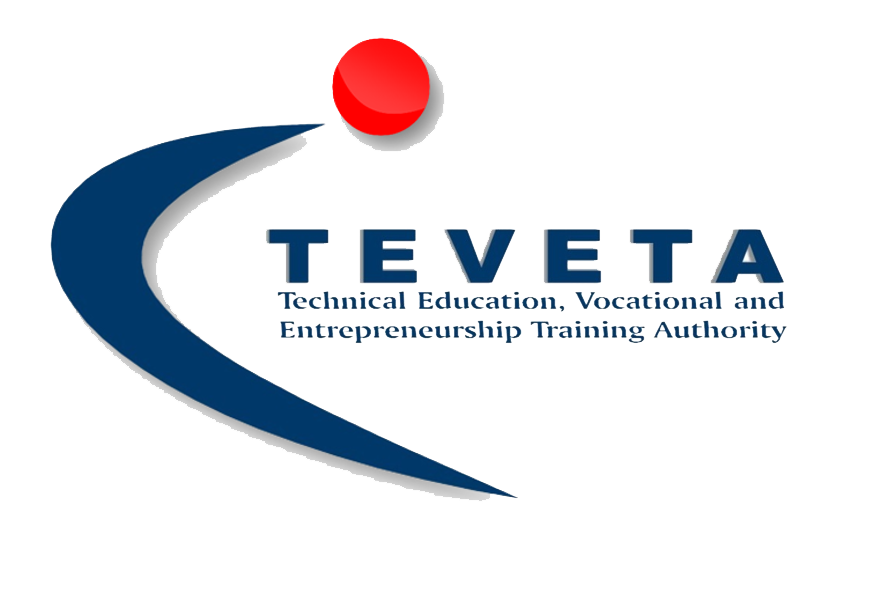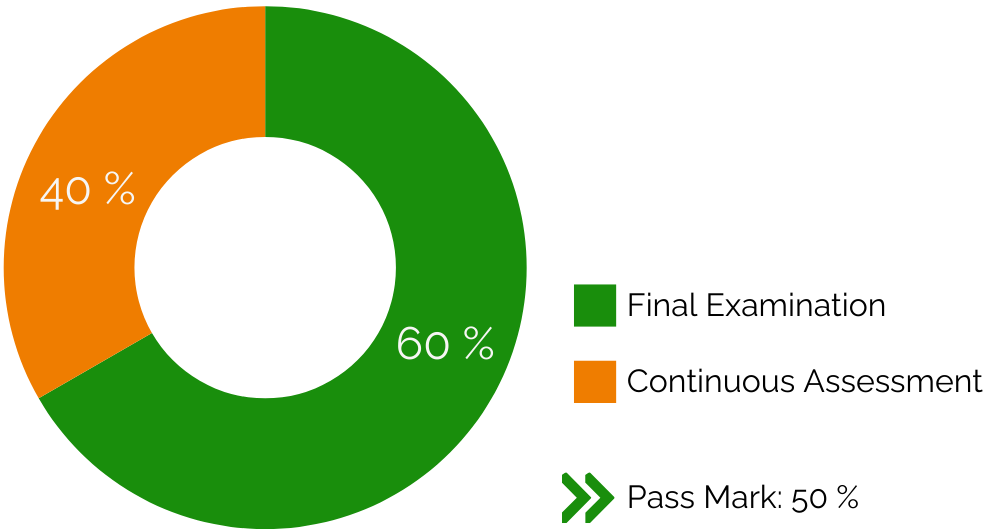
Technical Education, Vocational and Entrepreneurship Authority
&
Chalimbana Local Government Training Institute

| Name of Learning Programme | Diploma in Rural and Urban Management |
| ZQF Level | 6 |

Start: January

Exams: December

Calendar–System: Term

Application Deadline: Until January

Fees: More information under “Payments“

Contact: For more information contact Mr Tembo +260 977759724
1. Rationale
Most Governments in developing (third world) economies experience serious challenges in the provision of quality public services such as decent housing, water and sanitation, health and education to its citizens. As a result, most people in both the rural and urban settings of developing countries have found themselves living in inhabitable environments which are largely characterised by absolute poverty.
One of the major causes of poor service delivery in most developing economies including Zambia is lack of human resource with the required competencies to manage and facilitate development administration in both rural and urban areas.
It is against this background that this programme, which was originally developed in 2005, has been revised in order to make it relevant to the current economic trends and challenges. This course aims at equipping trainees with the required knowledge, skills and attitudes to enable them manage sustainable human development in both rural and urban settings.
The revised structure and scope of this course provides sufficient discourse on how ‘”Inclusive Human Social development” can be achieved and sustained through effective “development administration” in a cross section of economic sectors at National and Local Levels. The new areas of competency that have been added to the programme are as follows:
1. Land Management
2. Local Economic Development
3. Disaster Management
4. Public Private Partnership
5. Institutional and Legal Frameworks for Land Management
6. Entrepreneurship
The programme will therefore, provide the nation with qualified human resource in Rural and Urban Management who will apply the skills acquired through this programme and other related disciplines to meet the highlighted demands in both the formal and informal sectors of the economy.
2. Programme Purpose
The purpose of the programme is to equip the trainees with knowledge, skills and attitudes in Rural and Urban Management to enable them coordinate physical development and plan social economic development projects through community development. They will be able to facilitate the preparation of community and district plans, prepare district development project proposals, sensitise the community, manage the district development information centers and coordinate HIV/AIDS and Gender activities.
3. Programme Objectives
On completion of this programme the trainee will be able to:
1. Prepare community and district development plans
2. Write district development project proposals
3. Conduct Sensitization programs in the community
4. Manage district development information centre
5. Coordinate HIV/AIDS activities
6. Coordinate Gender activities
7. Apply legal and institutional framework
8. Apply Entrepreneurial skills to community development work
9. Use computer applications in community developmental activities
10. Apply communication skills in community developmental activities
11. Manage and Coordinate projects in communities
12. Coordinate Community Projects
13. Manage disasters affecting communities
4. Duration

Three (3) years with a total of 3810 nominal learning hours, inclusive of three (3) months field attachment.
5. Course Outline
First Year
| Course Code | Course Name | Hours |
|---|---|---|
| 208-01-A | Participatory Planning and Management | 250 |
| 208-02-A | Communication Skills | 80 |
| 208-03-A | Introduction to Computers | 80 |
| 208-04-A | Cross Cutting Issues | 240 |
| 208-05-A | Local Economic Development | 250 |
| 208-06-A | Rural Development | 300 |
Second Year
| Course Code | Course Name | Hours |
|---|---|---|
| 208-07-B | Urban Development | 250 |
| 208-08-B | Disaster Management | 120 |
| 208-09-B | Public Private Partnership | 170 |
| 208-10-B | Land Management | 180 |
| 208-11-B | Research Methodology | 210 |
| Field Attachment | 480 |
Third Year
| Course Code | Course Name | Hours |
|---|---|---|
| 208-12-C | Change Management | 300 |
| 208-13-C | Project Management | 300 |
| 208-14-C | Human Resource Management | 270 |
| 208-15-C | Entrepreneurship | 80 |
| 208-16-C | Research Project | 250 |
6. Teaching Strategies

Learning shall constitute lectures, projects, discussions, presentations, visual aids, field trips, assignments, case studies and practical training.
7. Minimum Entry Requirement

Direct Entry
Grade 12 School Certificate with a minimum of 5 credits inclusive of English Language, and Mathematics

Mature Age Entry
A minimum of a full Grade Twelve Certificate with a professional certificate in a related field and a minimum of two years working experience or its equivalent.

Exemptions
Exemptions will apply as per TEVETA guidelines.
8. Student Assessment
The break down for assessment is as follows:

9. Attendance
The candidate must have an attendance of minimum 85% to be eligible for the final examinations.
10. Progression Requirements

Failures
A candidate who fails in three (3) modules or more shall be excluded from the programme but may re-apply to start the programme again after a period of (1) year.

Referrals
A fail in two (2) modules or less shall lead to the candidate being referred and shall have an opportunity to clear the failed modules before sitting for final examinations.
11. Certification

Diploma in Rural and Urban Management will be awarded by Technical Education Vocational and Entrepreneurship Training Authority (TEVETA).